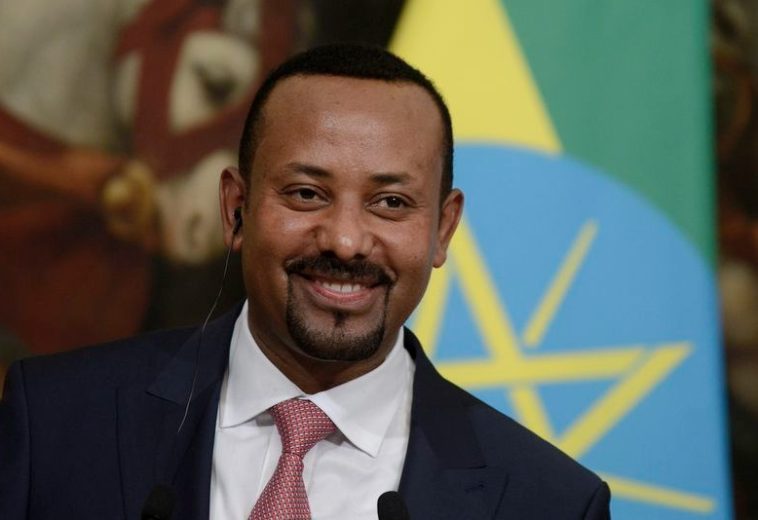Equatorial Guinea, a small but resource-rich nation on the west coast of Central Africa, has long been dependent on its oil sector for economic sustenance. With a significant portion of its revenue derived from oil exports, the country has enjoyed economic growth over the past few decades. However, this oil dependency poses a considerable risk, making it imperative for Equatorial Guinea to diversify its economy and reduce its vulnerability to fluctuations in global oil prices.
The imperative for economic diversification is clear. The over-reliance of the country’s economy on oil accounts for the majority of its export earnings and government revenue. While oil has fueled economic development and infrastructure projects, it has also created no other room for the economy to thrive. The recent fluctuations in oil prices have underscored the vulnerability of Equatorial Guinea’s economy to external factors, necessitating a strategic shift towards economic diversification. According to a report on the Equatorial Guinea Economic Outlook, the GDP is projected to decline by 6.3% in 2024 due to ageing oil wells and the effects of Russia’s invasion of Ukraine. Presently, the nation is generating a daily output of 244,000 barrels of oil, with a consistent annual growth rate of 5.73% in its gas production capacity observed from 2015 to 2018.
Anticipated to sustain this upward trajectory, Equatorial Guinea plans to increase production levels even more through upcoming developments and projects. Despite the influx of foreign investment spurred by the oil boom, the impact on the majority of the population’s quality of life has been poor. The escalating issue of youth unemployment reflects a failure in job creation, with the economy falling short of providing adequate opportunities. Equatorial Guinea is facing challenges in imparting the necessary skills to its workforce, hindering the alignment of education with the demands of its evolving economy. This reliance on a single industry hampers the development of a versatile and skilled workforce.
Aside from the current situation where the country’s fortunes are tightly linked to the volatility of global oil markets, intensive oil extraction has adverse environmental effects that affect biodiversity and the ecosystem. To diversify the economy, the country needs to look into developing other sectors such as agriculture, tourism, and manufacturing to reduce undue reliance on oil revenues. This will help stabilise the economy by creating alternative sources of income and promoting sustainability and long-term prosperity.
A diversified economy is more attractive to foreign investors seeking stable and sustainable markets. If Equatorial Guinea initiates measures to encourage investments in non-oil sectors, this will potentially attract regional and foreign investments in these sectors. The government’s efforts to improve infrastructure, education, and the business climate are steps in the right direction, but more measures promoting policies that support entrepreneurship and innovation are still needed.
Countries with more diversified economies generally demonstrate greater resilience to global economic fluctuations compared to those with economies concentrated in specific sectors. In some cases, countries heavily dependent on oil industries may still weather economic downturns successfully if those industries are particularly rich or if the country has effective economic policies in place.
Diversifying the economy requires substantial investments in infrastructure, such as transportation, communication, and energy. This not only facilitates the growth of other sectors but also enhances the overall business environment. Agriculture has the potential to become a key player in diversification. By investing in a multi-faceted approach that includes infrastructure development, agricultural revitalization, tourism promotion, and support for SMEs, Equatorial Guinea can pave the way for a brighter, more stable economic future, less susceptible to the unpredictable swings of the global oil market.


